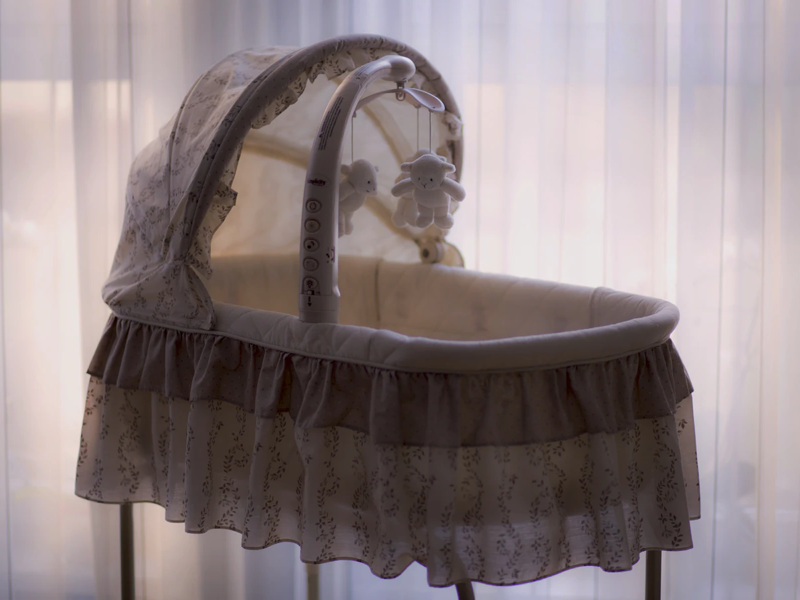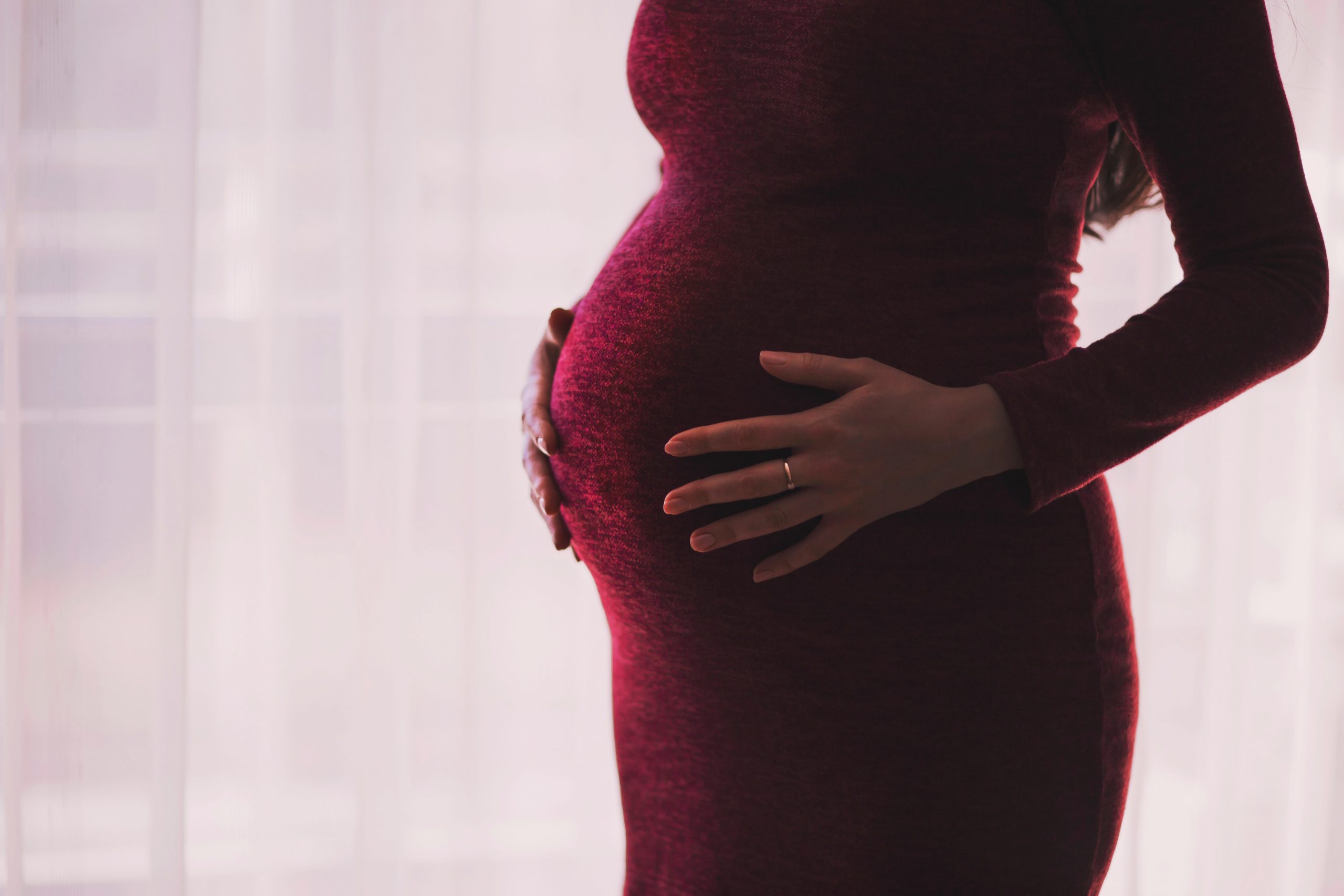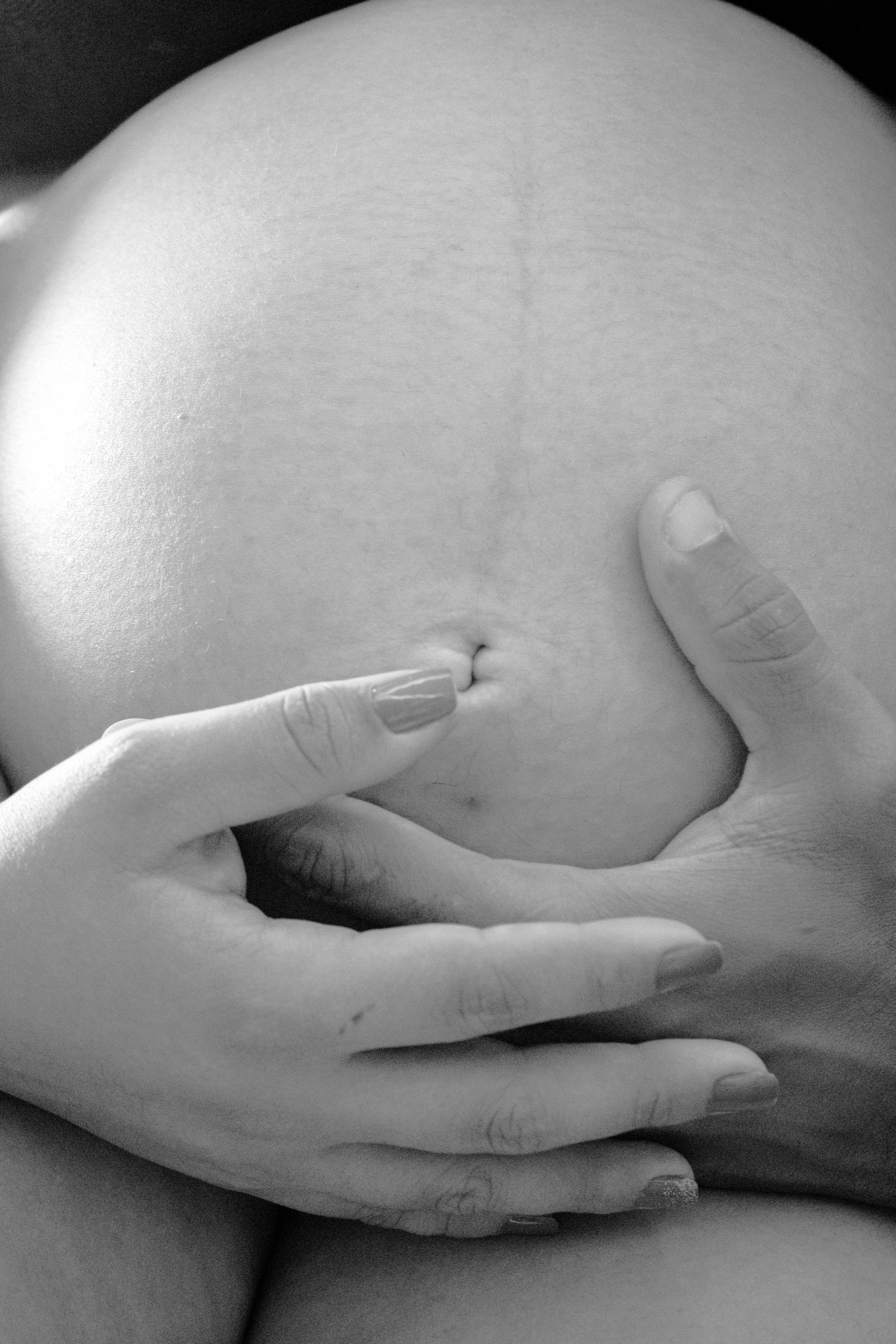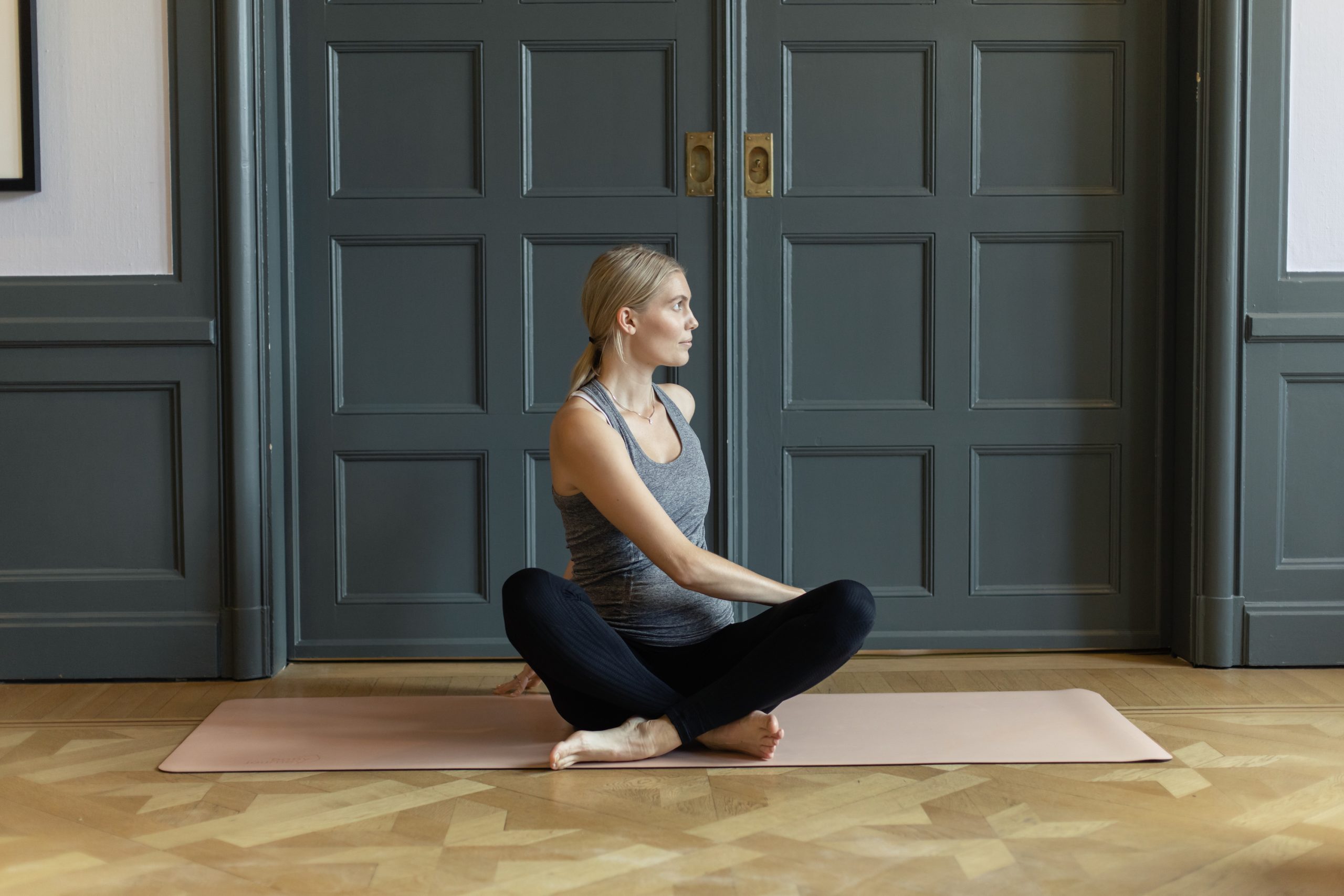During pregnancy, we access information, read articles, books, listen to podcasts and follow the baby's development in the womb. Childbirth is the big finish line, and sometimes it can be hard to realize that it's really where and when everything begins. You will leave the maternity hospital as a family and start life at home together. Without a parenting manual or handbook, you will be caring for an individual who is completely dependent on you. In this guide, we will cover what the first period at home might look like, what the baby needs from you, how to care for a newborn and where to turn for support.
In this guide:
- How often and how much should the baby eat in the early days?
- Baby's skin and belly button
- Caring for a newborn: Cutting the nails
First days at home
Leaving home pregnant and coming home with a new little person can be exciting, nervous, scary and wonderful all at the same time. This is the beginning of what will eventually become your new life, and it may take some time before you find what works for you.
Family and friends may want to visit the baby in the first few days after you get home. For some, this feels good, while others feel they want to settle in for a few days, or weeks, before they are ready to receive visitors. Know what you feel comfortable with and don't be afraid to set some ground rules for those who might come. It is perfectly fine to ask them to wash their hands thoroughly, bring their own coffee/food and keep the visit as long/short as you are comfortable with. Everyone will have their chance to meet and get to know the baby, it doesn't have to be in the first two weeks.
Many people have heard the term 'baby bubble' and as often as it is pink, fluffy and wonderful, it can be a bubble of pain from childbirth, kilos of laundry (hello vomit baby, leaky diapers and breasts squirting milk at everyone and everything), lack of sleep and a feeling of being brand new to the most important role in life. It's perfectly normal for emotions to swing between highs and lows. If you have a partner, his or her most important task is to relieve you in every way possible. For example, making sure you can take a shower, eat well, drink regularly and take the baby as much as possible. The intensity of how often you need to feed and be there for the baby can feel overwhelming. Remind yourself that it is a short period when everything is so intense.
In Sweden, all partners are entitled to 10 days off work when they become parents (application via The Social Insurance AgencyThis gives you as a family two weeks to settle in together after the birth. Many people take the opportunity to go for walks with the stroller, try riding in the car with the newborn or other things where it can feel good to be two the first time so that you who will later be at home are more prepared to do these things yourself. Breastfeeding and caring for a baby is a full-time job and it is important to remind yourself of that and lower the demands on what the days should contain in addition to that.
How often and how much should the baby eat in the early days?
If you are breastfeeding, much of the early days will be spent being there for the baby when it wants to eat. Feel free to continue having the baby skin-to-skin for the first few days at home. The baby will show that it is hungry by sticking out its tongue, sucking on its lips and smacking, moving around a lot, sucking on its hands, opening its mouth, looking for the breast and finally crying. When the baby is full, it will stop sucking actively or fall asleep at the breast. How long and how often your baby wants to eat, and how much breastmilk a baby takes in during a breastfeeding session, is entirely individual. If your baby is growing properly, is allowed to breastfeed when he or she wants to and seems content, this is a sign that he or she is getting enough. If your baby is healthy, you don't normally need to wake them up to feed. Instead, take the opportunity to breastfeed more often during your baby's waking hours.
Listen to your baby's own signals even if you are feeding formula, both in terms of hunger and signs of fullness. A healthy baby has the ability to regulate how much they need to eat. Some rules of thumb for the first few days are that the baby wants to eat more than 8-12 times a day before the mature milk has run out. Which it usually does on days 3-5. When the mature milk has run out, you can think that the baby should eat about 8-12 times a day. Keep the times a little fluid and follow the baby's signals Sometimes the baby wants to sleep a little longer during the day and then eat more frequently later in the day.
A newborn's sleep needs
As with everything else when it comes to children, everyone is different and so is sleep. Some babies sleep 16 hours a day while others need up to 22 hours. This can also vary from day to day. In the beginning, babies don't know the difference between day and night, but they will learn eventually. To give your baby the best possible conditions for sleeping at night, it is important to keep the room dark, make sure it is cool and that your baby falls asleep with a full stomach. Initially, you may need to change the diaper at night if the baby has pooped; if it's just pee, it can wait until morning.
Changing a diaper
During the first few months, diapers are used a lot, up to 8-10 diapers per day. It is important to change the baby's poopy diaper immediately to avoid burning and eczema. Preferably wash the baby by hand under running water and bathe dry with a towel, as this is the most gentle on the baby's bottom. Feel free to ask for help with this at the maternity ward. Otherwise, you can use a washcloth with lukewarm water and also baby oil if necessary. Feel free to let the baby lie naked and air in connection with the diaper changes and see it as a cozy moment when you can talk, sing and look at each other.
Some babies love lying on the changing table while others don't enjoy it at all, and this can go in waves. Try hanging something colorful over the changing table for the baby to look at. Young children need warmth, so try putting a towel or blanket over your baby's body if you feel they are cold during diaper changes. When changing nappies, it is a good idea to give your baby a tummy rub a couple of times a day to stimulate bowel movement and minimize tummy aches. All babies suffer from tummy aches and upset stomachs during the first year of life, due to little movement and immature bowels.
Baby's skin and belly button
You can bathe your baby as early as the first week after you come home from the birth. The navel does not need to have fallen off. Remove the diaper and wipe off any poop before bathing the baby. Use only water and baby oil, soap will dry out your baby's sensitive skin. Make sure the temperature of the bath water is around 37-38 degrees. It is important to wash all the baby's skin folds, for example under the neck, armpits and groin. Be sure to dry/bathe with a towel afterwards so that all folds are dry. You can also use the baby oil to lubricate the baby's skin after bathing. It's common for a newborn's skin to be flaky, a little dry and have various small rashes. Two baths a week may be enough to avoid drying out the skin. After the bath, let the baby lie naked and air out its skin folds.
The remaining stump will dry, blacken and then fall off. This can take anywhere from a few days to two weeks. Wash it with water and pat it dry with a towel or topz if it gets pee or poop on it or if it bleeds from the belly button. The baby can't feel the stump, so you don't need to worry about it hurting. It is normal for the belly button to smell bad before it falls off.
Contact a health center or consult your BVC if it comes from the navel, the skin around it is red, swollen and seems to be sore. It could be an infection that needs to be treated.
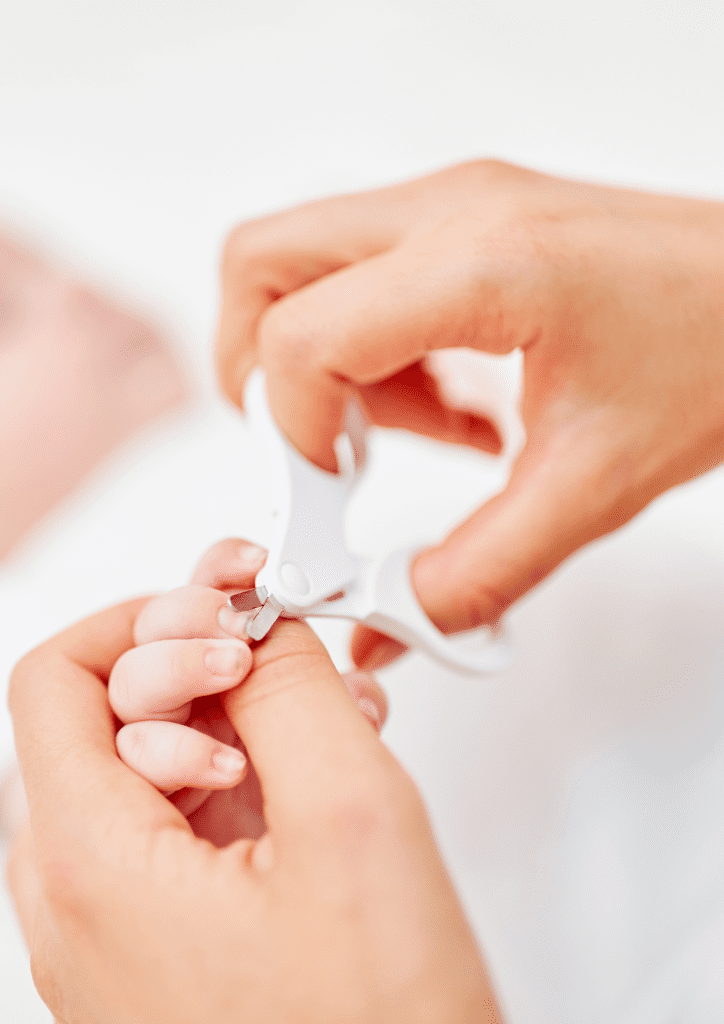
Caring for a newborn: Cutting the nails
Clipping a newborn's nails can be scary, but with a little practice it will soon become easier. In the early days, the nail and skin underneath are more fused together, so we recommend filing the nails straight off and/or gently tearing away the nails instead of clipping. You can do this as long as the baby's nails are soft. When the baby is a bit older, you can switch to baby nail scissors/nail clippers. Make sure you have good lighting and a calm baby. Wait until the baby is asleep if they don't want to stay still. Twice-weekly clipping is common, as toenails generally grow a little slower.
The baby's clothes
Dressing a newborn can be more challenging than you might think. Avoid clothes that you have to pull over your head and clothes with zippers or other hard materials. Wrap-around bodysuits are a good and flexible garment for a newborn. Remember that small children are sensitive to cold, so change in a warm and safe place. One tip is to have many small towels, onesies and pants ready at the changing table. Vomiting, leaking poopy diapers and peeing accidents on the changing table are common, so it's good to have a change of clothes close at hand. It can take a lot of clothes every day, especially if you have a baby who vomits a lot.
Most parents find it difficult to know how much to dress their babies, so you're not alone if you're feeling a little confused. In summer, it's important to keep your baby protected from the sun, so go for full-coverage, thin clothes. In the winter, it's a good idea to layer up to easily regulate your baby's temperature. Remember to open up the overalls or the carrycot in the stroller if you are outside and, for example, go into a store for a while. Feel the back of the neck or the chest to see if the child feels warm enough. Hands and feet are generally colder, although they should not be freezing.
First visit to the BVC
About 1-2 weeks after you come home from the maternity ward, a nurse from BVC will come to your home. They will do an examination of the baby, checking weight, length, belly button, skin, head, etc. It may be a good idea to write down any questions or concerns that have arisen that you want to discuss with the nurse before the visit. Something you need support with, do not feel works or something that worries you. No issue is too small, too big or taboo. It is perfectly normal to feel and think a lot as a new parent.
Here you can read about concerns as a new parent.



